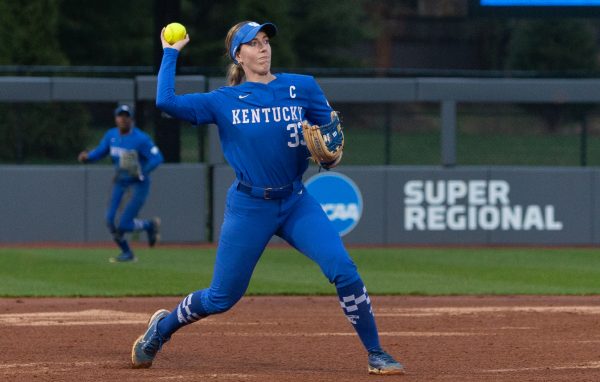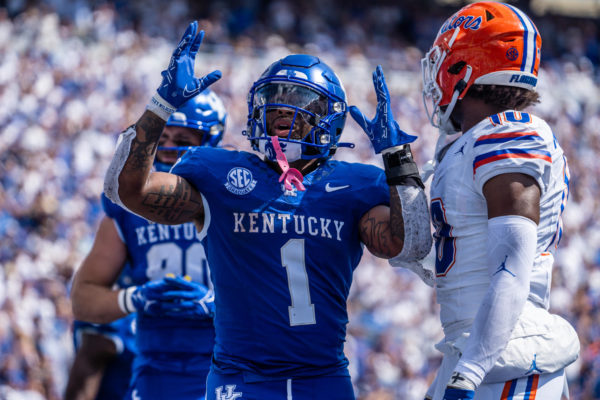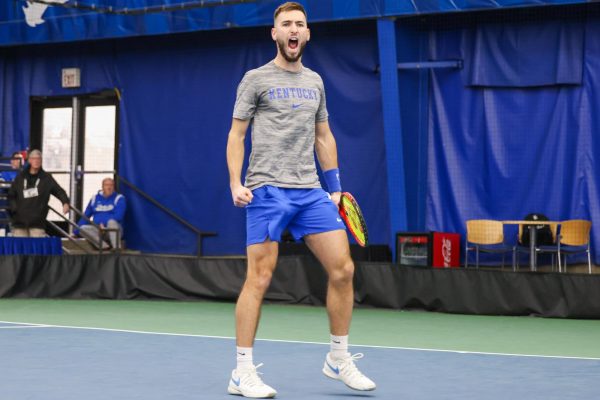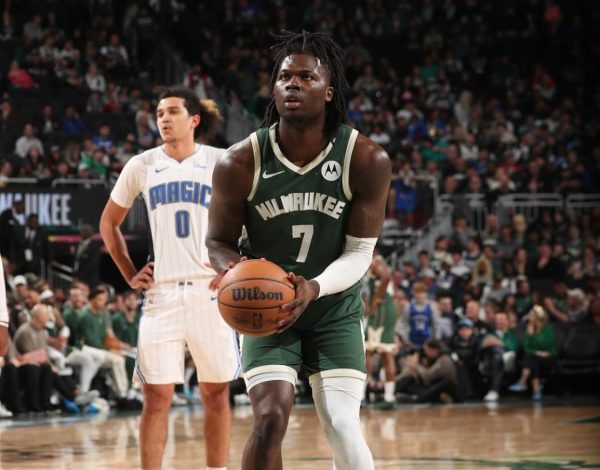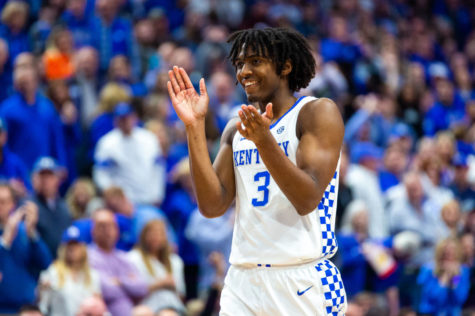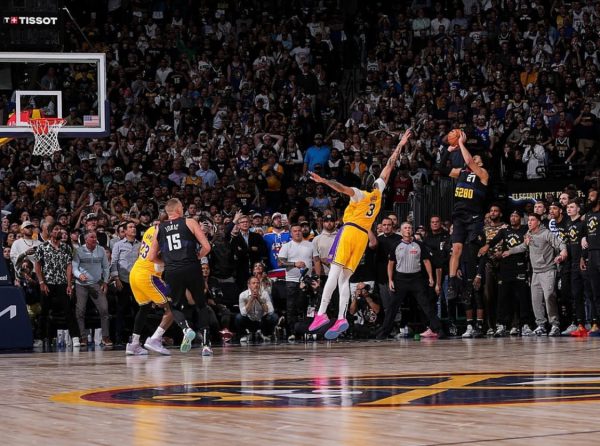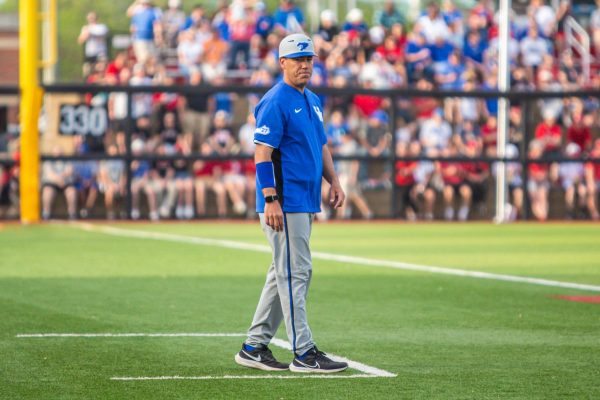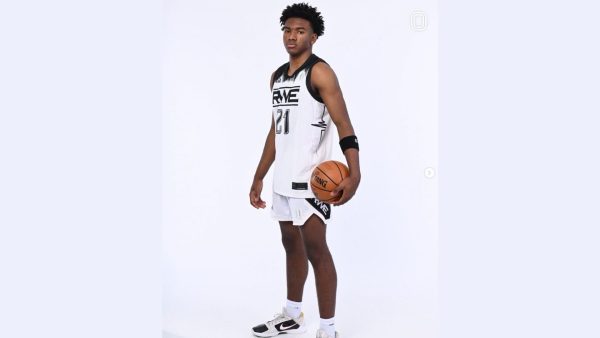COLUMN: SEC can help Cats’ NCAA seed
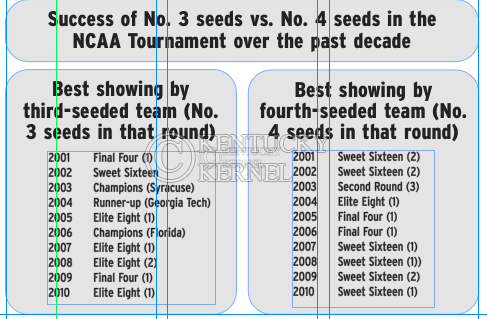
March 9, 2011
A seed sprouts a tree, which ultimately helps bear the fruits of a successful NCAA Tournament run. Or something to that extent.
UK head coach John Calipari is well aware of this cyclical nature in March, and he has unabashedly stated multiple times before that his primary goals don’t necessarily include regular or postseason conference titles — to the dismay of some fans — but working toward the best possible seed for the NCAA Tournament.
And rightly so. Anything of note that can be accomplished in an NCAA Tournament supersedes anything done within conference play and thus, everything builds toward putting yourself in a position for success in the Tournament, where the real lasting memories are made.
Following the Cats’ win over Tennessee on Sunday, Calipari told a small group of reporters in the corner of the Vols’ panic room of a visiting press media room that he believed his team had a chance to be a No. 3 seed in the Big Dance; though he wouldn’t definitively express what seed he thought his team deserved (naturally).
The Cats’ recent wins, including those over Florida and Vanderbilt, and his team’s strong strength of schedule (12th in the nation) and quality RPI (13th in the nation) lend credence to Calipari’s three-seed claim. However, eight losses, particularly those at Ole Miss, Arkansas, Georgia and Alabama don’t portray the Cats as deserving of one of the lines on the bracket for the top-12 seeded teams.
According to ESPN’s Joe Lunardi’s bracketology, the Cats are projected to be a No. 4 seed as of Monday and they should fall eventually somewhere in the three-to-five range.
The difference between a No. 4 seed and No. 3 seed may seem minute because, after all, it is only one number. I could even have you wondering whether you should care about such a small difference. Well, you should care about the seeding if recent history means anything.
Since 2001, only three times has a fourth-seeded team advanced past the Sweet Sixteen: Kansas made a run to the Elite Eight in 2004, while Louisville and Louisiana State made Final Four appearances in 2005 and 2006, respectively.
Bump up a spot to the three-seed line and the chances of a more successful showing in the Big Dance significantly improve. Since 2001, three No. 3 seeds have featured in the championship game with Syracuse and Florida winning titles in 2003 and 2006, respectively. Only in 2002 did at least one No. 3 seed fail to advance past the Sweet Sixteen.
Sure, this could be the magical year of the No. 4 seeds, but don’t count on it. The law of averages also dictates that a No. 16 seed will defeat a No. 1 seed, but the law of averages has yet to win anyone their office bracket pool.
How can the Cats avoid the fate of a No. 4 seed? Winning the Southeastern Conference Tournament would make an improved case for a higher seed from the NCAA selection committee.
The first-round bye the Cats secured by virtue of their win over the Vols was critical in helping the Cats’ chances of winning the SEC title. Since 2001, only four teams who have not received a first-round bye have reached the SEC title game. Only two of those teams, Georgia in 2008 and Mississippi State in 2009, captured the SEC title.
Although winning the SEC title might not have been a goal for Calipari, the byproduct of cutting down the nets in Atlanta this weekend will increase the chances of a better seeding on Selection Sunday.
And a good seeding — perhaps that No. 3 seed — will undoubtedly increase the likelihood of the Cats tasting the sweet nectar of victory in the Big Dance more often.
Nick is a journalism senior. E-mail [email protected] or












































































































































